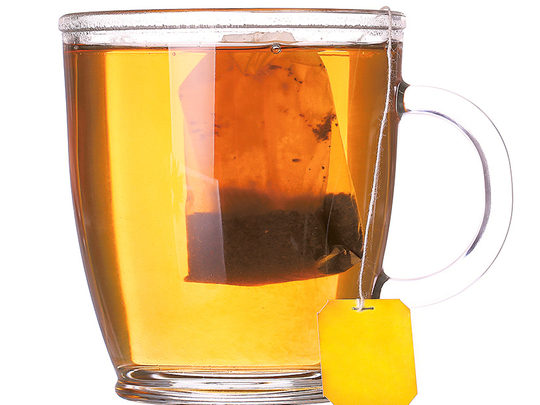
London: Tea is out of favour. By tea, I mean standard black tea from a tea bag. With or without sugar, in a mug or taken away: comforting, habitual, biscuit optional. According to research by consumer analysts Mintel, sales of black tea have dropped by 22 per cent over the past five years.
In 2010 Britons bought 97 million kilograms of tea, last year only 76 million kilograms. Mintel thinks that figure will continue to decline. What’s behind Britain’s cooling enthusiasm?
Apparently the under-35s prefer green or herbal teas. Global warming’s effect on prices may also have affected sales. (Maybe the tea campaigners and climate change groups can get together on this one.) And, the report says, people are prioritising their health and buying fewer biscuits. But of course, the biggest culprit is none of these things. The real reason for tea’s decline is coffee.
Unlike tea, coffee is aspirational. It is a Rolex in a cardboard cup. A takeaway flat white/bulletproof says you have means and a lifestyle. Money to spend, time to wait, the taste to pay for something better. With its steely levers, clanking and hissing, the coffee machine hides its secrets in a puff of magic steam. But any fool can make a tea. It is the anti-coffee, a beverage so unaspirational that it is fondly known as a “builders’”. I have nothing against builders — my dad was a builder — but even builders have gone off a cup of builders’; the last lot who came to my house asked for a cafetiere. So the tea market is evolving, fancifying.
Natasha Kelly, who last year opened Tiosk on East London’s Broadway Market — a cafe selling only tea — calls it “the new tea”. She sells 40 kinds. Each has a specific ratio of leaf to water, a timer on every pot that’s brewing. Kelly calls her staff “tearistas” and warns against apologising to customers who stumble in looking for coffee.
“We made a choice. Don’t be sorry,” she says. At launch, she expected English Breakfast to be the best-seller, but it has been outstripped by the Matcha latte and Chai latte, teas whose names have clearly been influenced by premium coffee. Is top-end tea trying to turn into coffee?
“It does reflect the coffee culture in many ways,” Kelly says. “Coffee has become so particular, almost like wine,” she says. “We drink tea second only to water and yet we still think it’s OK to have a tea bag thrown in a cup of boiling hot water. It seemed like an obvious gap in the market.”
There were precedents for how to fill that gap: her business partner was impressed by the tea-bar scene in San Francisco. In 2012 Starbucks acquired the US tea bar chain Teavana. Maybe it is right that the humble tea bag has had its day. Shaan Mahrotri, who keeps a teapot on his desk at the Rare Tea Company and drinks about 10 cups a day, says he “hasn’t seen a decline in black tea at all”, and his company supplies premium teas to the likes of Claridges.
Perhaps it is not tea that Britons are losing enthusiasm for, but tea bags. In an age of hyperspecific passions, maybe they are just too generic.
According to Mintel’s Emma Clifford, sales of green and herbal teas are thriving, although insufficiently “to compensate for the decline of black tea”. The report urges PG Tips and Tetley to explore other ways to engage consumers’ interests. Or, as Clifford puts it, “to grow awareness that a tea bag doesn’t have to be used in the standard cup of tea format”. Tea can survive, but it may need to turn into something else.










